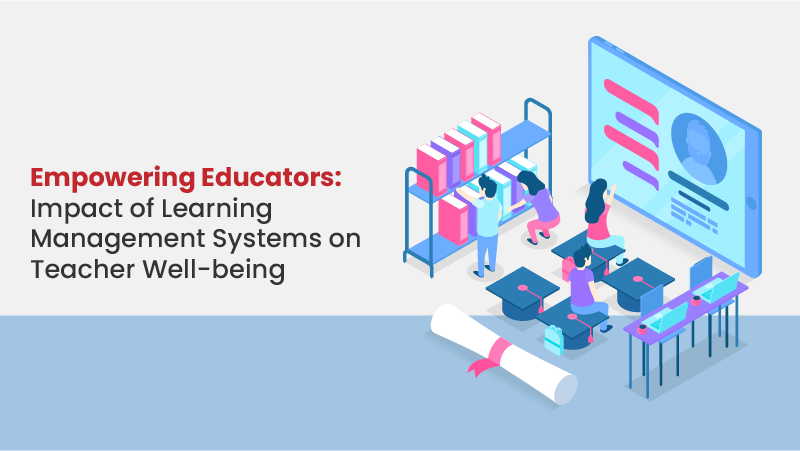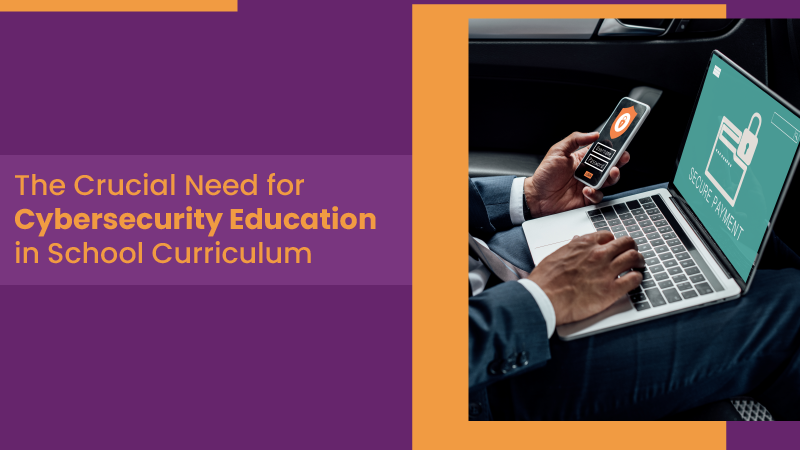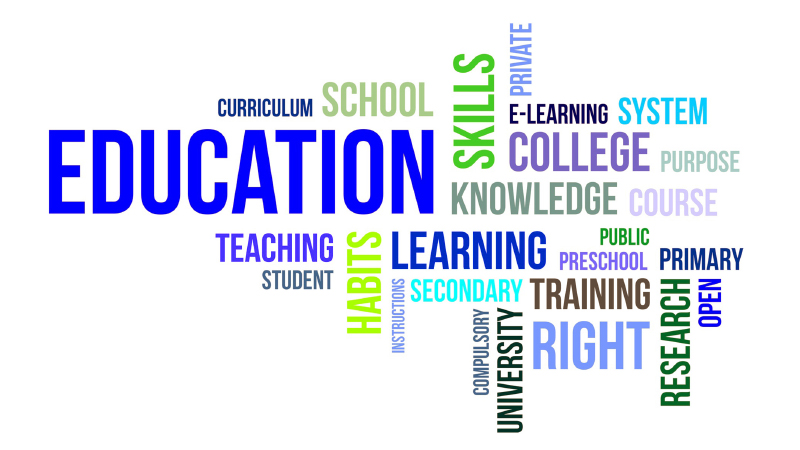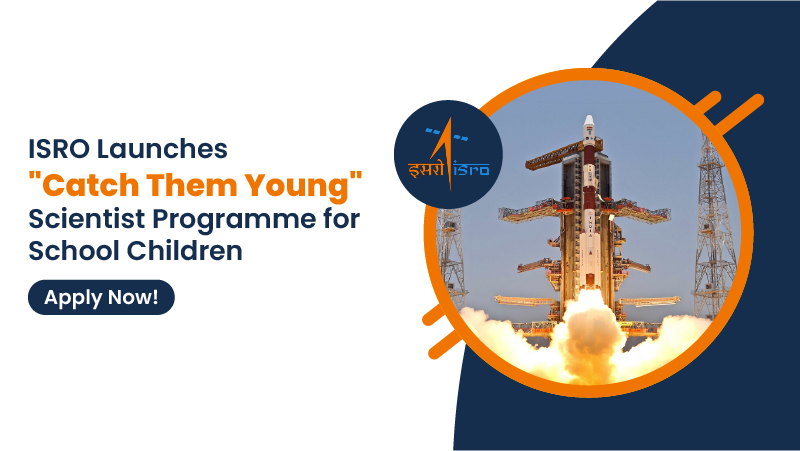Trending Now
Thursday, Nov, 2024
Home / Empowering Educators: Impact of Learning Management Systems on Teacher Well-being
Empowering Educators: Impact of Learning Management Systems on Teacher Well-being
Learning Management Systems (LMSs) have emerged as transformative tools in education, offering solutions to mitigate burnout and uplift teacher well-being. These systems are not just administrative tools but comprehensive platforms that foster collaboration, facilitate learning, and bridge the digital literacy gap among educators.
 by Pragti Sharma /
by Pragti Sharma /  15 Nov 2023 18:10 PM IST /
15 Nov 2023 18:10 PM IST /  0 Comment(s) / 212
0 Comment(s) / 212

In the ever-evolving landscape of higher education, educators hold multifaceted roles as mentors, knowledge creators, and advocates. Beyond their professional duties lie personal responsibilities as friends, partners, and parents. However, the recent global pandemic has cast a harsh spotlight on an often-overlooked aspect of this profession: teacher well-being.
The Struggle of Educator Burnout
Faculty burnout has become a looming concern, exacerbated by the challenges imposed by the pandemic. Research and studies have unveiled alarming levels of burnout symptoms among educators, impacting their mental well-being and, subsequently, their professional performance and job satisfaction.
Significance of Teacher Well-being
The repercussions of teacher burnout transcend the individual, significantly affecting the quality of education. It directly influences student engagement, institutional reputation, and the overall educational ecosystem. Dr. Prem Das Maheshwari, Business Director for South Asia at D2L, underscores the critical need to address these challenges to uphold the integrity and efficiency of the education sector.
Enter Learning Management Systems (LMS)
Learning Management Systems (LMSs) have emerged as transformative tools in education, offering solutions to mitigate burnout and uplift teacher well-being. These systems are not just administrative tools but comprehensive platforms that foster collaboration, facilitate learning, and bridge the digital literacy gap among educators.
LMSs promote collaboration through webinars and interactive learning environments. This cultivates proactive learning and adaptation to new teaching methodologies, fostering a community of continuously evolving educators. Continuous digital skills training provided by LMSs equips educators with resources and tools, ensuring they remain proficient in a rapidly evolving digital landscape, bridging the digital divide.
The Transformative Power of LMSs
Leveraging technology through LMSs and innovative EdTech platforms streamlines tasks, enhances teaching methodologies, and crucially promotes a balanced professional life for educators. This harnessing of technology reduces stress, boosts satisfaction, and reignites the passion for teaching among educators, ultimately contributing to a brighter future in education.
Conclusion
In the quest for educational excellence, prioritizing teacher well-being is imperative. LMSs serve as catalysts not only in optimizing administrative tasks but also in nurturing a conducive environment for the holistic development of educators. By embracing technology through LMSs, the education sector takes significant strides toward combating burnout, enhancing job satisfaction, and fostering a resilient and adaptive community of educators. This, undoubtedly, paves the way for a more promising and impactful future in education.

Blog / February 11, 2024
Mastering Spoken English: A Journey Through Real-Life Conversations

Blog / January 19, 2024
The Crucial Need for Cybersecurity Education in School Curriculums

Blog / December 19, 2023
How Gamification Transforms Learning into Adventure

Blog / December 01, 2023
Empowering Education: How Artificial Intelligence Shapes the Future of Learning

Blog / September 10, 2023
Looking for Scholarships? 3 Programmes to Apply for by September-October 2023

Blog / May 11, 2023
Top 10 Career Choices for Generation Z

Blog / April 28, 2023
Careers in Nursing in the UK

EShort / February 16, 2024
IMS Noida Admissions 2024: Apply for UG, PG programmes

EShort / February 16, 2024
GATE 2024: Response sheet out

EShort / February 16, 2024
BSSTET 2023: Admit card released

EShort / February 16, 2024
NID DAT 2024: Prelims result released

EShort / February 16, 2024
IIT JAM 2024: Response sheet released

Jobs / February 16, 2024
UPSC Recruitment Drive 2024: Apply for 120 vacancies in various departments

EShort / February 14, 2024
UPSC CSE 2024: Official Notification issued; application process begins

Editor's Desk / April 17, 2020
How Does Society Impact Our Education?

Current Affairs / April 22, 2020
Mr. Sudarsanam Babu appointed to U.S. Science Board.

Reforms / April 17, 2020
Traditional Structure of Education In India
.jpg)
Events & Seminars / April 17, 2020
PISA!!

Blog / February 26, 2021
Government's Action On #ModiRojgaarDo

EShort / May 19, 2022
CUET PG 2025 has started the registration process.

Notice Board on Important Dates / April 21, 2020
World Heritage Day

News / July 08, 2021
JEE Mains Registration For Session 3: Last Date To Apply

EShort / December 14, 2021
UPSC Declared Final Result For DCIO Recruitment


















0 Comments
Post Comments